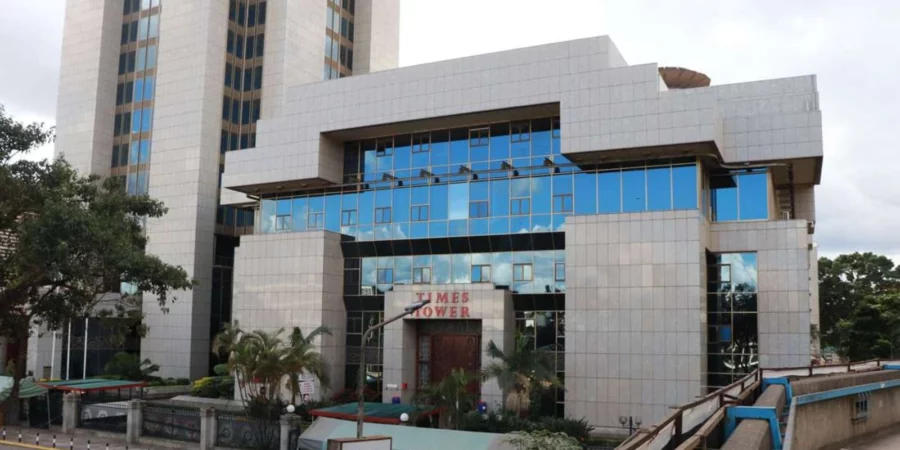The Kenya Revenue Authority (KRA) has unveiled plans to bolster its efforts in uncovering tax fraud by training computer audit specialists. This move comes as part of the authority’s strategy to mine data from taxpayers’ computers, including hidden accounts and deleted files, to unveil instances of tax evasion.
Sources within the Treasury have confirmed that the KRA will be embarking on a comprehensive training program for specialists who will be equipped with advanced Microsoft Excel techniques. This initiative aims to refresh and upgrade the skills of staff members in the audit function. The training is expected to be completed by the end of June next year.
In addition to the training program, KRA is set to establish audit quality review teams for all Nairobi Tax Service offices by June next year. This effort seeks to elevate the level of compliance among taxpayers and ensure that all dues are paid.
An anonymous senior official at KRA emphasized that the objective of this initiative is to empower the tax authority to scrutinize both physical and digital records of taxpayers to ensure they fulfill their tax obligations.
“KRA is committed to bolstering regional audit centers to enhance auditing capabilities and implementing data-driven compliance risk management measures to ensure equitable tax payments from all taxpayers,” the source stated.
Given that much of the evidence collected during KRA investigations has become digital, including emails, texts, videos, audio files, images, and transactional data stored on hard disks, the need for computer audit specialists has arisen. The tax authority intends to utilize sophisticated techniques to detect tactics such as misnaming files or altering file extensions to evade detection.
Investigations into such tax evasion schemes demand advanced data acquisition, mining, and analytics capabilities.
Apart from training, KRA is aiming to strengthen its data analytics capabilities to reconstruct digital transactions and provide insights into complex financial activities. The use of data and analytics will encompass the “implementation of advanced analytics and expert models of fraud detection and risk management.”
The establishment of a digital forensic laboratory is also in the pipeline, which is expected to unnerve individuals and businesses that have exploited the digital realm to evade taxes. The forensic lab will enable efficient intelligence gathering and investigations, which will aid in building strong cases against tax evaders.
As the tax authority modernizes its methods to keep pace with evolving technologies, such as cloud computing, challenges may arise regarding data protection laws in various jurisdictions. The retrieval of data stored by cloud providers for third-party access, such as KRA, could be subject to different data protection regulations.
KRA’s pursuit of tax simplification, technology-driven compliance, and tax base expansion aligns with its eighth strategic plan, rolled out in 2021. The authority aims to collect Sh6.8 trillion over the 2021/22 to 2023/2024 financial years, with a target of Sh2.266 trillion annually. As of now, KRA has collected Sh4.19 trillion for 2021/22 and 2022/23, leaving a Sh2.6 trillion collection goal to meet the three-year target.
With President William Ruto’s administration eyeing the informal sector and the digital economy, efforts to curtail the rising national debt share in the budget are in motion. The share of Kenya’s budget funded by taxes has been decreasing, and KRA’s initiatives are aimed at reversing this trend and ensuring equitable tax contributions.


Leave a Reply